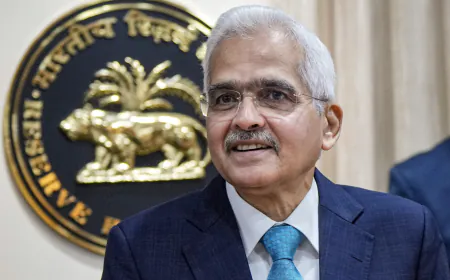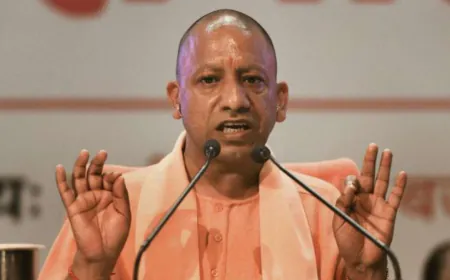Government changes every 2 years in European countries
Government changes every 2 years in European countries: Apart from elections, there have been changes in governments due to coalitions.

As a result of increasing awareness of people's rights and the pressure of public opinion, democratic governments and their leaders in the world are now changing rapidly. In most countries of Europe, the government has changed every two years. This is because people do not want a government for more than two years.
There will be three Prime Ministers in Britain in 2022. This has been revealed in the study of the Pew Research Center. In this, the average tenure of government in 22 countries of the European Union along with Britain was calculated from the Second World War till 2022. It was revealed that in most European countries, there was a change of government once in two years.
Belgium, Finland and Italy had the shortest governments. Governments in these countries did not last even for one year on average. Governments could run for a very short period of time as fixed in the constitution. On the other hand, the average tenure of the government in Luxembourg was the highest of four and a half years. However, this too has been less than the fixed tenure of five years.
According to the Pew Research Center study, it is not necessary that the changes should come from the elections. There have been changes in the government even after gathering a majority in the Parliament through coalitions between the parties. In this, the example of Britain has been given wherein in 2022 two new Prime Ministers were formed without elections. This has happened in all the countries of Europe. It is very common in Belgium, Estonia, Finland, Italy, Latvia, Poland and Slovenia. At least two governments have come and gone in this manner between fixed terms.
The Queen Mary University of London Prof. Tim Bale says that more focus on party leaders is one of the main reasons why a PM's tenure is no longer long. Voters and party people hold the leader responsible if anything goes wrong. Earlier there used to be an order of precedence in politics. But now MPs are impatient to move up so quickly, they create pressure that has destabilized parliamentary politics.
London School of Economics Prof. Patrick Dunleavy gives the example of Australia where there have been nine prime ministers in 12 years. If the leader is taking the wrong policies and is not fulfilling the promises, then there is disintegration in the leadership.
Jill Rutter of the Institute for Government says that the Brexit vote in 2016 has been the most destabilizing factor in UK politics for six years. There have been four PMs in the six years since David Cameron called for a referendum on Brexit in 2016.






























































































































